What to Know Before Buying a Water Heater in Hard Water Regions
If you live in an area where hard water is a daily reality, choosing the right water heater requires more than a casual glance at features and prices. Hard water contains high levels of minerals, such as calcium and magnesium, which can significantly reduce the lifespan of your appliances. Before making a final decision, it’s important to understand how these minerals interact with your system and what you can do to reduce their impact. If you’re thinking about getting a new water heater, learning what to look for in mineral-prone zones can save you money and hassle over time.
Understand the Effects of Hard Water on Water Heaters
Hard water is known for causing scale buildup, which forms a chalky coating on the internal parts of your heater, especially on heating elements and the tank’s bottom. Over time, this layer thickens, making it more difficult for the system to heat water efficiently. The buildup also increases energy consumption and stress on the components, leading to early failure and more frequent repairs. If you’ve ever noticed odd noises, inconsistent temperatures, or a drop in hot water supply, hard water could be the culprit.
Weigh Your Options Wisely
Homeowners in hard water zones often wonder which type of water heater can better handle mineral-heavy water. Tankless water heaters usually are more energy-efficient and space-saving, but they can be more sensitive to scale buildup. On the other hand, traditional tank models offer easier access for regular flushing and maintenance. If you prefer convenience and don’t mind flushing your tank regularly, a standard water heater may be more suitable. For tankless systems, installing a pre-filter or water softener can help mitigate the effects of scale and maintain performance.
Look for Corrosion-Resistant Materials
Another key factor is the material your water heater is made from. Tanks lined with glass or coated with protective layers can better withstand mineral buildup and rusting. Some models feature stainless steel or special anti-scale technology designed specifically to reduce damage caused by hard water exposure. Choosing a model with such features can improve durability and reliability, especially if you don’t have a water softener installed.

Prioritize Easy Maintenance
In hard water regions, frequent maintenance isn’t just a recommendation—it’s a necessity. Select a model that allows for straightforward draining, descaling, or replacing parts. Some water heaters come with self-cleaning mechanisms that circulate water inside the tank to prevent sediment from settling. While it might not eliminate all mineral issues, it reduces the frequency of manual flushing. Also, consider heaters with accessible anode rods. These rods prevent corrosion from affecting the tank itself, but in areas with hard water, they wear out more quickly. Being able to replace them without too much trouble can significantly lengthen the life of your water heater.
Consider Adding a Water Softening System
While a water softener isn’t part of the heater itself, it can dramatically improve its performance and lifespan. Softening systems remove minerals before they enter the heater, preventing scale buildup at the source. If your home already has hard water challenges in your plumbing fixtures, a softener can benefit your whole system, including your water heater. This may represent an extra upfront cost, but the savings in maintenance and the longer life of your water heater make it worth considering. Whether you’re in a city with notoriously mineral-heavy supply or using well water, softeners can be a game changer.
Evaluate Energy Efficiency
Even in hard water zones, energy efficiency matters. Look for energy-efficient water heaters that still perform well under mineral-rich conditions. Check for certifications and ratings, and compare models based on recovery time and insulation. A good energy rating doesn’t always mean long life in tough conditions, so use it in conjunction with other factors.
Hard water poses challenges for homeowners, especially when it comes to choosing and maintaining a reliable water heater. But by being mindful of material quality, maintenance options, …




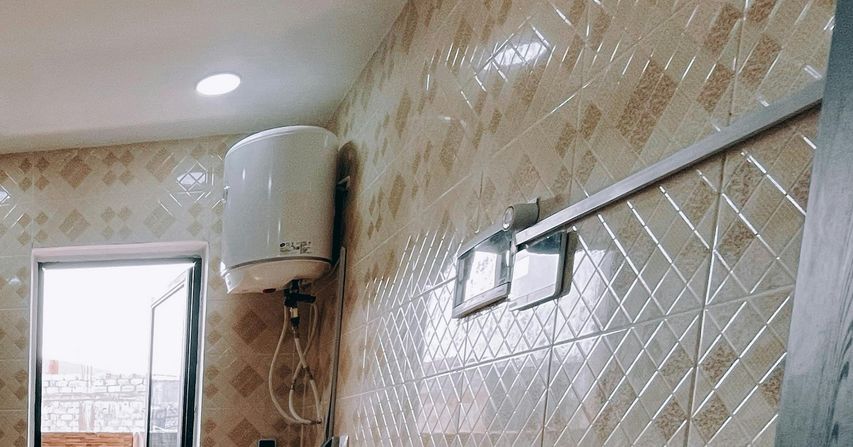
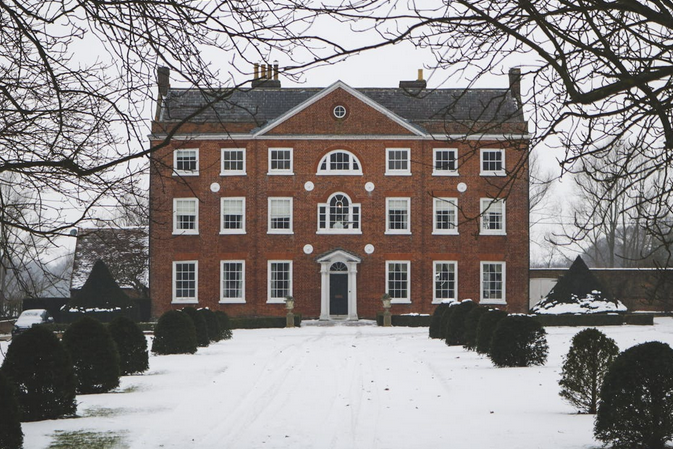





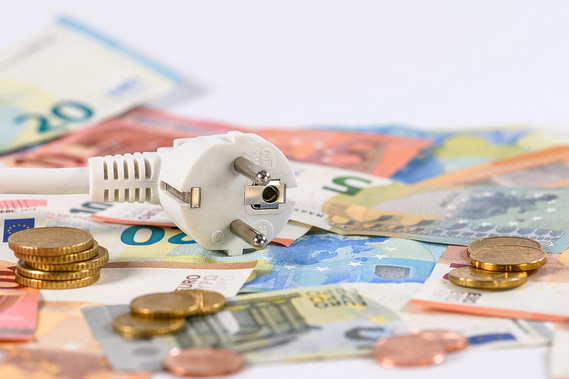


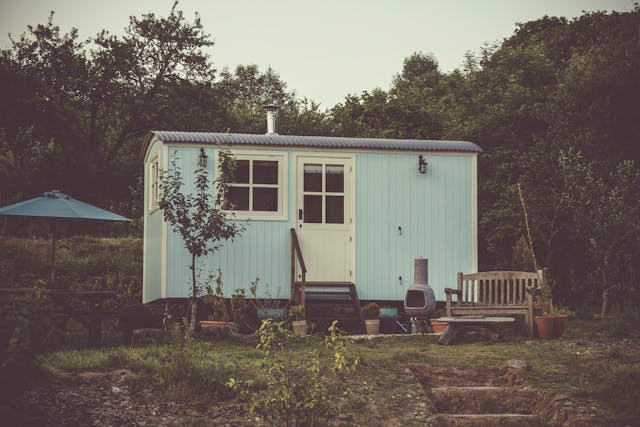
 Step into the serene world of Scandinavian minimalism, where clean lines, natural materials, and a sense of simplicity reign supreme. This design aesthetic focuses on light and airy spaces with a muted color palette that exudes calmness and tranquility. Incorporating elements of hygge – the Danish concept of coziness – adds warmth and comfort to the minimalist style.
Step into the serene world of Scandinavian minimalism, where clean lines, natural materials, and a sense of simplicity reign supreme. This design aesthetic focuses on light and airy spaces with a muted color palette that exudes calmness and tranquility. Incorporating elements of hygge – the Danish concept of coziness – adds warmth and comfort to the minimalist style.  Immerse yourself in the tranquil and harmonious world of Japanese-inspired Zen interior design. This style aims to create a serene and peaceful atmosphere within your tiny house, promoting relaxation and mindfulness.
Immerse yourself in the tranquil and harmonious world of Japanese-inspired Zen interior design. This style aims to create a serene and peaceful atmosphere within your tiny house, promoting relaxation and mindfulness. 


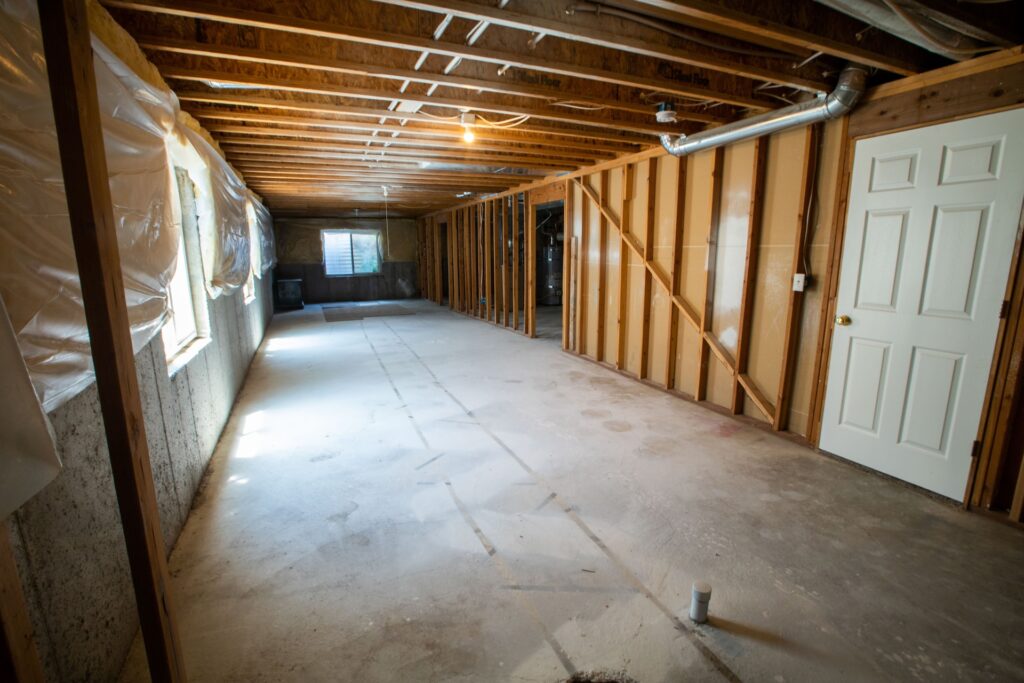
 Imagine stepping into your own private sanctuary, a hidden oasis where you can indulge in the finest wines and savour their rich flavours. Transforming your underground space into a wine cellar or tasting room is practical and adds an air of sophistication to your home. The first step in creating the perfect wine cellar is to consider the design and layout. Opt for cool, dark colors that mimic the traditional cave-like environment of wine cellars. Install proper lighting fixtures that showcase your collection without compromising on temperature control. Shelving units are essential for organizing and displaying your prized bottles. Choose sturdy yet stylish racks made from materials like wood or metal to add a touch of elegance to the space. If you want to build a sustainable cellar, read the article on
Imagine stepping into your own private sanctuary, a hidden oasis where you can indulge in the finest wines and savour their rich flavours. Transforming your underground space into a wine cellar or tasting room is practical and adds an air of sophistication to your home. The first step in creating the perfect wine cellar is to consider the design and layout. Opt for cool, dark colors that mimic the traditional cave-like environment of wine cellars. Install proper lighting fixtures that showcase your collection without compromising on temperature control. Shelving units are essential for organizing and displaying your prized bottles. Choose sturdy yet stylish racks made from materials like wood or metal to add a touch of elegance to the space. If you want to build a sustainable cellar, read the article on  Picture this: the lights dim, the screen comes to life, and you sink into plush, reclining chairs. Welcome to your very own home theater or entertainment room! Transforming your underground space into a cinematic paradise is luxurious and practical. Just think about all those movie nights with friends and family, or binge-watching your favorite TV shows comfortably. With technological advancements, creating a state-of-the-art entertainment room has never been easier. Install a high-quality projector or large flat-screen TV for an immersive viewing experience. Consider strategically placing surround sound speakers throughout the room to replicate that authentic cinema feel.
Picture this: the lights dim, the screen comes to life, and you sink into plush, reclining chairs. Welcome to your very own home theater or entertainment room! Transforming your underground space into a cinematic paradise is luxurious and practical. Just think about all those movie nights with friends and family, or binge-watching your favorite TV shows comfortably. With technological advancements, creating a state-of-the-art entertainment room has never been easier. Install a high-quality projector or large flat-screen TV for an immersive viewing experience. Consider strategically placing surround sound speakers throughout the room to replicate that authentic cinema feel.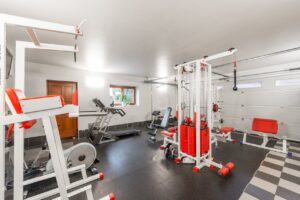 Transforming your underground space into a fitness or wellness area is unique and a great way to prioritize your health and well-being. You can create a private sanctuary for exercise and relaxation with the right equipment and design. Imagine having your own personal gym where you can work out without any distractions or limitations. The options are endless, from cardio machines like treadmills and ellipticals to weightlifting stations. Set up mirrors along one wall to monitor your form during workouts, or install a sound system to motivate you with energizing music. To enhance the wellness aspect of this space, consider incorporating features like a sauna or steam room. These can provide therapeutic benefits such as stress relief, improved circulation, and detoxification.
Transforming your underground space into a fitness or wellness area is unique and a great way to prioritize your health and well-being. You can create a private sanctuary for exercise and relaxation with the right equipment and design. Imagine having your own personal gym where you can work out without any distractions or limitations. The options are endless, from cardio machines like treadmills and ellipticals to weightlifting stations. Set up mirrors along one wall to monitor your form during workouts, or install a sound system to motivate you with energizing music. To enhance the wellness aspect of this space, consider incorporating features like a sauna or steam room. These can provide therapeutic benefits such as stress relief, improved circulation, and detoxification.


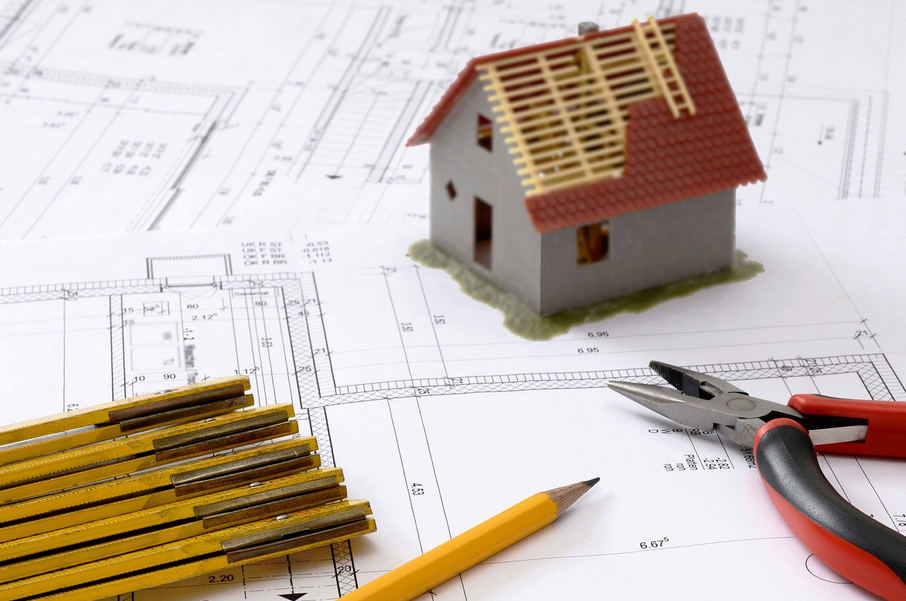


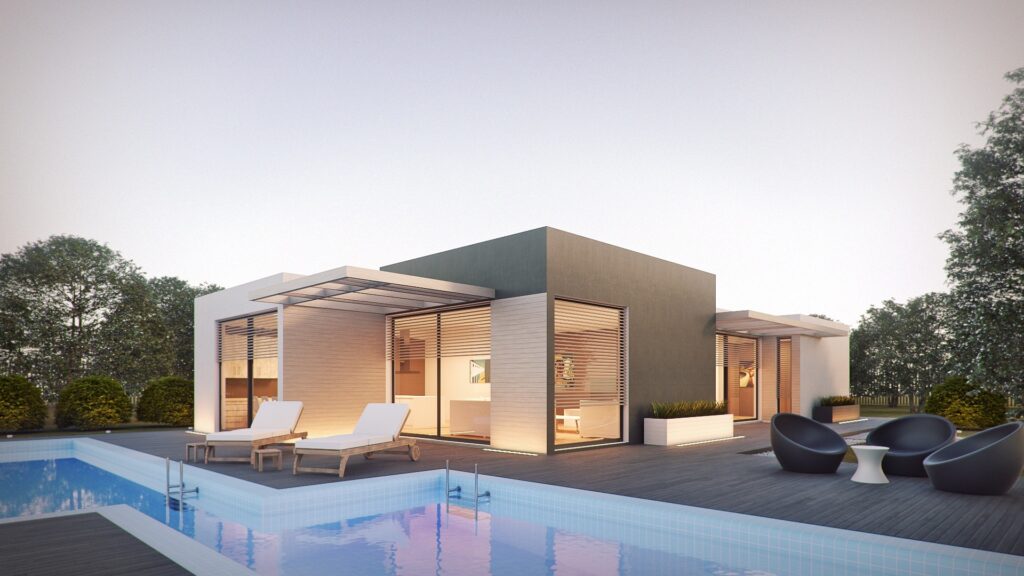




 Decluttering your home is vital when it comes to selling it quickly. Buyers need to be able to imagine their furniture and belongings in the space, so try to minimize your items as much as possible. This includes taking down family photos, religious decorations, or other things that could be distracting. As you can see, there are plenty of low-cost tricks to make your home irresistible to buyers. Neuralizing and staging your home, sprucing up the exterior, and decluttering are easy ways to give buyers a positive first impression. With a little effort, you’ll be able to turn your house into the ultimate dream home that no one can resist! Good luck and happy home-selling.…
Decluttering your home is vital when it comes to selling it quickly. Buyers need to be able to imagine their furniture and belongings in the space, so try to minimize your items as much as possible. This includes taking down family photos, religious decorations, or other things that could be distracting. As you can see, there are plenty of low-cost tricks to make your home irresistible to buyers. Neuralizing and staging your home, sprucing up the exterior, and decluttering are easy ways to give buyers a positive first impression. With a little effort, you’ll be able to turn your house into the ultimate dream home that no one can resist! Good luck and happy home-selling.…
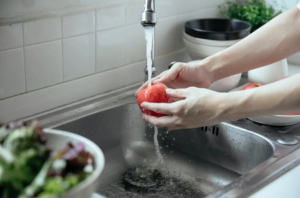 This is the most common type of filtration and is used in both above-ground and inground pools. It works by using a filter to remove debris from the water as it circulates through the system. The size of the particles that can be removed by this method depends on the size of the holes in the filter, with smaller holes being able to remove smaller particles. One of the benefits of mechanical filtration is that it can be used in conjunction with other methods, such as chemical filtration, to create a complete system. Additionally, it is generally a low-maintenance option and does not require frequent replacement of parts or chemicals.
This is the most common type of filtration and is used in both above-ground and inground pools. It works by using a filter to remove debris from the water as it circulates through the system. The size of the particles that can be removed by this method depends on the size of the holes in the filter, with smaller holes being able to remove smaller particles. One of the benefits of mechanical filtration is that it can be used in conjunction with other methods, such as chemical filtration, to create a complete system. Additionally, it is generally a low-maintenance option and does not require frequent replacement of parts or chemicals. Granulated carbon is a very effective water filtration method and can remove many impurities, including chlorine, chemicals, and heavy metals. However, it is essential to note that granulated carbon does not remove all impurities from water. Additionally, it can cause the water to have a slight “carbon” taste. If you are looking for a water filtration method that is effective and does not have any negative side effects, granulated carbon is a great option to consider.
Granulated carbon is a very effective water filtration method and can remove many impurities, including chlorine, chemicals, and heavy metals. However, it is essential to note that granulated carbon does not remove all impurities from water. Additionally, it can cause the water to have a slight “carbon” taste. If you are looking for a water filtration method that is effective and does not have any negative side effects, granulated carbon is a great option to consider.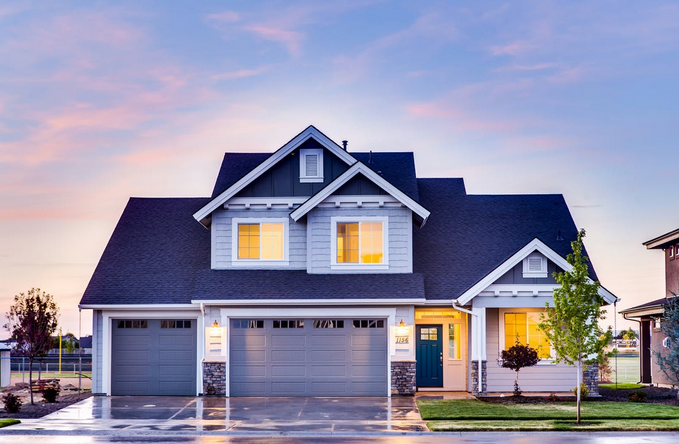

 Installing sliding doors is also a popular upgrade. This can be a great way to save space in your home and make it more convenient. Sliding doors have been getting more and more popular in recent years, so it’s definitely something you should think about. Many celebrities have been known to install sliding doors in their homes, so you should think about it. Depending on your budget, you can find a sliding door that fits your needs.
Installing sliding doors is also a popular upgrade. This can be a great way to save space in your home and make it more convenient. Sliding doors have been getting more and more popular in recent years, so it’s definitely something you should think about. Many celebrities have been known to install sliding doors in their homes, so you should think about it. Depending on your budget, you can find a sliding door that fits your needs.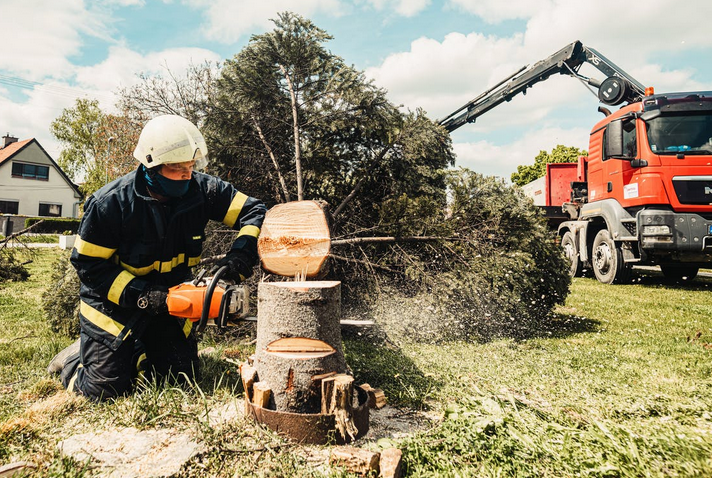
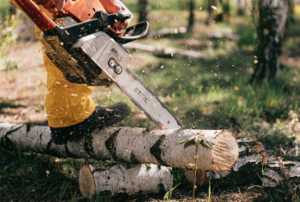 One of the most important factors to consider when choosing a tree service company is the cost. Tree removal can be expensive, so you want to ensure that you are getting a good deal. Get quotes from multiple companies and compare them before making your final decision.
One of the most important factors to consider when choosing a tree service company is the cost. Tree removal can be expensive, so you want to ensure that you are getting a good deal. Get quotes from multiple companies and compare them before making your final decision.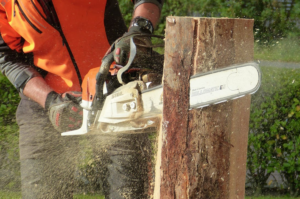 When you are looking for a tree service company, be sure to find one that offers the services that you need. For example, if you need tree removal, find a company that specializes in this.
When you are looking for a tree service company, be sure to find one that offers the services that you need. For example, if you need tree removal, find a company that specializes in this.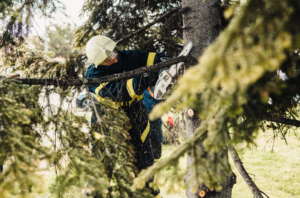 Another critical factor to consider when choosing a tree service company is whether or not they are certified. Certification ensures that the company has been trained and properly cares for your trees. This is a critical step in ensuring that your trees are healthy and well-taken. In addition, be sure to ask about insurance. It will protect you if anything goes wrong during the tree removal process.
Another critical factor to consider when choosing a tree service company is whether or not they are certified. Certification ensures that the company has been trained and properly cares for your trees. This is a critical step in ensuring that your trees are healthy and well-taken. In addition, be sure to ask about insurance. It will protect you if anything goes wrong during the tree removal process.
 If you live in a hot climate, an air conditioner is a must-have. It will keep you cool during the summer months, but it can also help reduce your energy bill. If you don’t have central air conditioning, consider installing a window unit or portable AC unit. Many homeowners are hesitant to install an AC unit because they think it will be too expensive, but there are a number of affordable options available.
If you live in a hot climate, an air conditioner is a must-have. It will keep you cool during the summer months, but it can also help reduce your energy bill. If you don’t have central air conditioning, consider installing a window unit or portable AC unit. Many homeowners are hesitant to install an AC unit because they think it will be too expensive, but there are a number of affordable options available. A comfortable couch can make all the difference in the world when it comes to comfort. If you are in the market for a new couch, be sure to choose one that is soft and plush. Not only will this make your living space more comfortable, but it will also add some much-needed style. Depending on the size and shape of your living space, you may want to consider a sectional or reclining couch.
A comfortable couch can make all the difference in the world when it comes to comfort. If you are in the market for a new couch, be sure to choose one that is soft and plush. Not only will this make your living space more comfortable, but it will also add some much-needed style. Depending on the size and shape of your living space, you may want to consider a sectional or reclining couch.
 There are many benefits of adjustable beds, including:
There are many benefits of adjustable beds, including: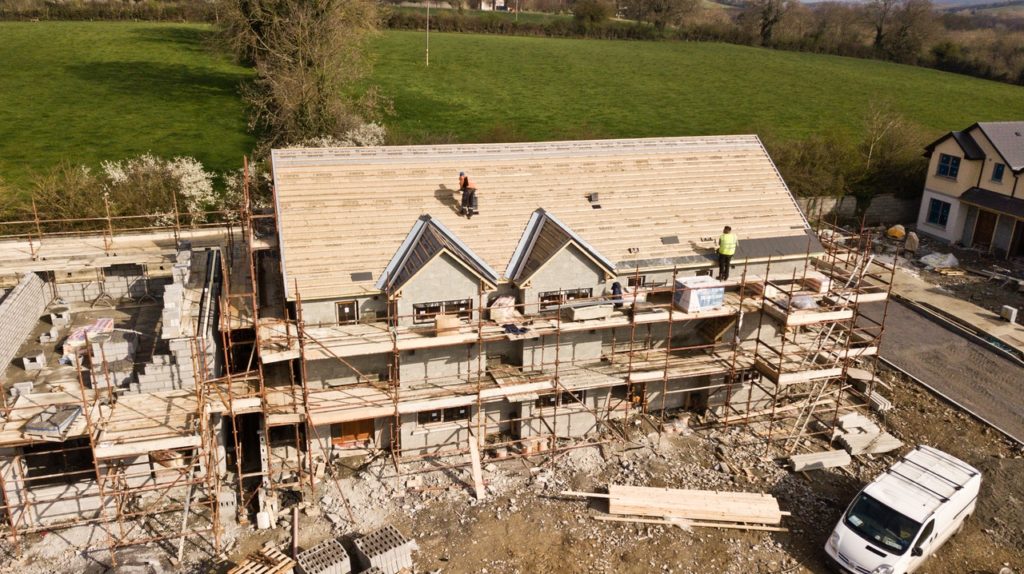
 Since not every roofing company is as reputable as the
Since not every roofing company is as reputable as the  Since you may have more than one option for roofing companies, you must interview each one. Get quotes for the work you need done and compare them. There may be a significant price difference, so make sure you are getting quality work as well.
Since you may have more than one option for roofing companies, you must interview each one. Get quotes for the work you need done and compare them. There may be a significant price difference, so make sure you are getting quality work as well.
 Material is very important when it comes to choosing the right pergola for your property. Metal and wood are both popular materials, but each has its advantages. Metal pergolas are very sturdy and can withstand winds better than wood, but they can also be more expensive. Wood pergolas are less expensive and usually require less maintenance but may not be as sturdy as metal pergolas.
Material is very important when it comes to choosing the right pergola for your property. Metal and wood are both popular materials, but each has its advantages. Metal pergolas are very sturdy and can withstand winds better than wood, but they can also be more expensive. Wood pergolas are less expensive and usually require less maintenance but may not be as sturdy as metal pergolas. There are many different styles of pergola kits available today that range from modern and trendy flat roofs, to more traditional gabled or sloped roofs. You can choose a style that fits your home and property, or mix different styles to create something unique for your yard. You can find many different color options as well. Before you buy one, you must know the style that you want.
There are many different styles of pergola kits available today that range from modern and trendy flat roofs, to more traditional gabled or sloped roofs. You can choose a style that fits your home and property, or mix different styles to create something unique for your yard. You can find many different color options as well. Before you buy one, you must know the style that you want.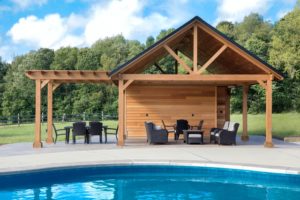 Most pergola kits are easy to install and come with detailed instructions. If you are not comfortable doing it yourself, you can always hire a contractor to do it for you. Installation can be done with most types of pergola kits in less than a day, but you will want to make sure that the area is clear before starting. You need to ensure that you have people who will help you install it, if necessary.
Most pergola kits are easy to install and come with detailed instructions. If you are not comfortable doing it yourself, you can always hire a contractor to do it for you. Installation can be done with most types of pergola kits in less than a day, but you will want to make sure that the area is clear before starting. You need to ensure that you have people who will help you install it, if necessary.
 Unlike buying a house and becoming a homeowner, you won’t have to commit to anything that will cost you a lot of money like renovating, decorating, furnishing, refurbishing, etc.; you can move out in a jiffy if you don’t like the vibe, the neighbors, the atmosphere, or any other reasons that you can think of since you are not the actual owner of the house.
Unlike buying a house and becoming a homeowner, you won’t have to commit to anything that will cost you a lot of money like renovating, decorating, furnishing, refurbishing, etc.; you can move out in a jiffy if you don’t like the vibe, the neighbors, the atmosphere, or any other reasons that you can think of since you are not the actual owner of the house. Many people feel that they have more privacy when they rent a house as opposed to staying in a hotel or apartment. This is especially true if you are traveling with a group of people. You will have your own space to relax and unwind in, which can be a welcome respite after a long day of sightseeing.
Many people feel that they have more privacy when they rent a house as opposed to staying in a hotel or apartment. This is especially true if you are traveling with a group of people. You will have your own space to relax and unwind in, which can be a welcome respite after a long day of sightseeing.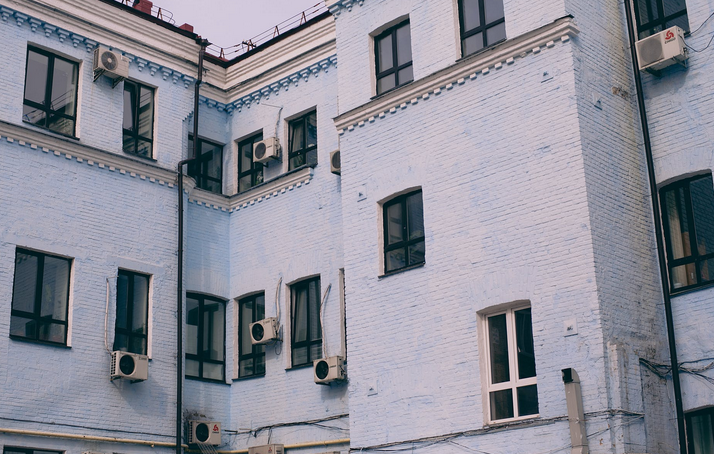
 Another common problem that many homeowners usually find is when you feel it’s not cool enough, even though the AC works fine. If it’s the issue, then you need to verify you have set the thermostat correctly. If it’s not the culprit, you can check if debris and vegetation may block the airways. Also, keep in mind to trim your bushes and tall plants to don’t interfere with your AC works. If you think there is nothing that blocks the airways, you need to check the refrigerant reservoir. Ensure the refrigerant doesn’t leak. The refrigerant can affect how your AC cools the air. If it’s the issue, then you need to hire a professional.
Another common problem that many homeowners usually find is when you feel it’s not cool enough, even though the AC works fine. If it’s the issue, then you need to verify you have set the thermostat correctly. If it’s not the culprit, you can check if debris and vegetation may block the airways. Also, keep in mind to trim your bushes and tall plants to don’t interfere with your AC works. If you think there is nothing that blocks the airways, you need to check the refrigerant reservoir. Ensure the refrigerant doesn’t leak. The refrigerant can affect how your AC cools the air. If it’s the issue, then you need to hire a professional.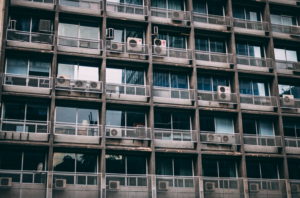 If you smell something strange, it can be a sign of burnt components. If it happens to you, you need to see the motor, electrical, and wiring components. Make sure the motor is not burning or overheating. If it’s burning, you need to turn your AC off right away. You can try to inspect the air filters and replace them. However, if the burn also happens to other components in your AC, it’s better to call a 24/7 AC repair company to fix this issue right away before further damage occurs in your AC.
If you smell something strange, it can be a sign of burnt components. If it happens to you, you need to see the motor, electrical, and wiring components. Make sure the motor is not burning or overheating. If it’s burning, you need to turn your AC off right away. You can try to inspect the air filters and replace them. However, if the burn also happens to other components in your AC, it’s better to call a 24/7 AC repair company to fix this issue right away before further damage occurs in your AC.
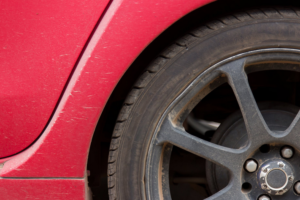 The first thing you will want to remove is the wheel from your vehicle. You can use a lug wrench or a car jack (depending on whether you have standard lugs or not). The reason for doing this is that it makes working with alloy rims much easier and necessary in some cases.
The first thing you will want to remove is the wheel from your vehicle. You can use a lug wrench or a car jack (depending on whether you have standard lugs or not). The reason for doing this is that it makes working with alloy rims much easier and necessary in some cases.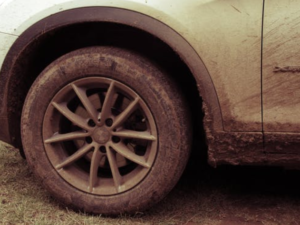 If you are repairing yourself, you will need to heat the steel on the rim so that the adhesive will stick properly. You can do this with a propane torch or an acetylene torch. Be very careful not to burn the plastic or rubber components while doing this. Many have mistakenly done this and ruined their rim in the process. Once the steel is hot, apply a coat of adhesive to the surface. You can use epoxy, a silicone adhesive, or a urethane adhesive.
If you are repairing yourself, you will need to heat the steel on the rim so that the adhesive will stick properly. You can do this with a propane torch or an acetylene torch. Be very careful not to burn the plastic or rubber components while doing this. Many have mistakenly done this and ruined their rim in the process. Once the steel is hot, apply a coat of adhesive to the surface. You can use epoxy, a silicone adhesive, or a urethane adhesive.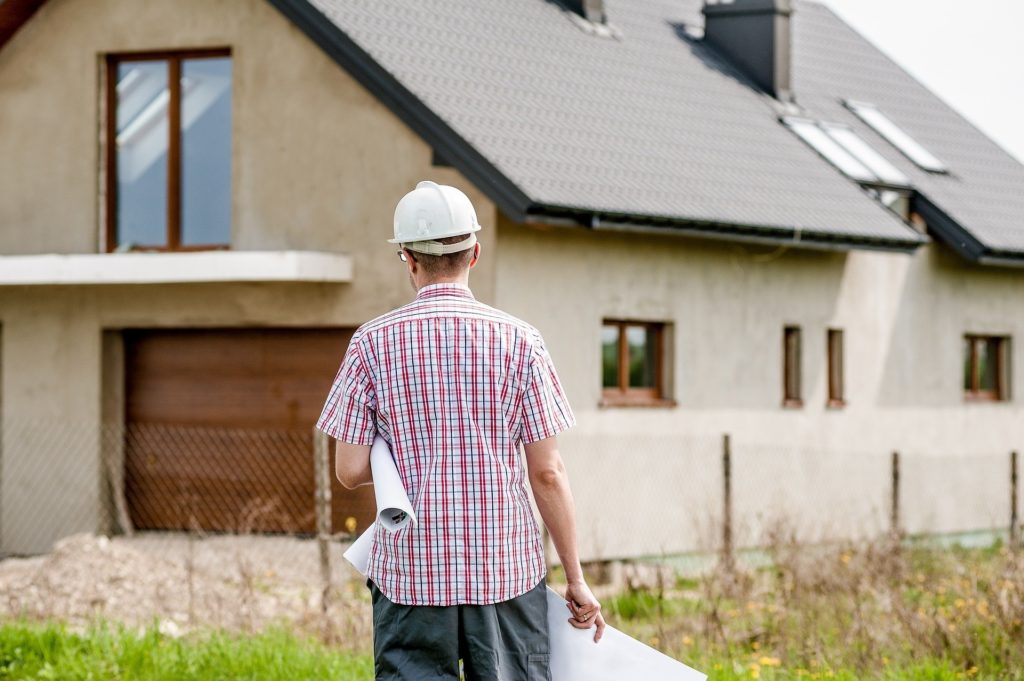
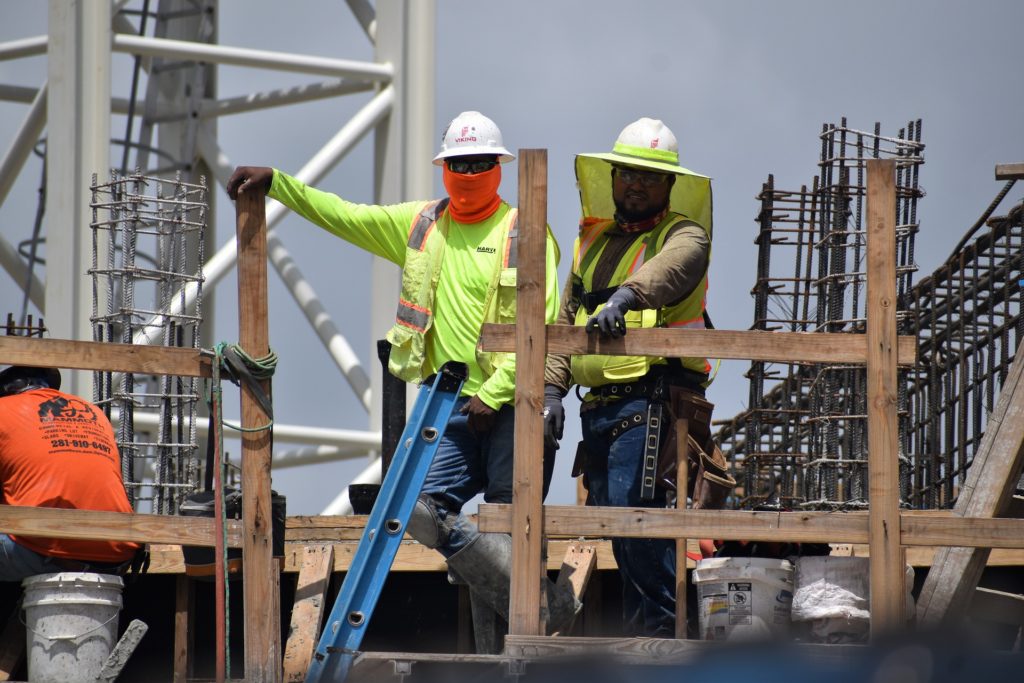
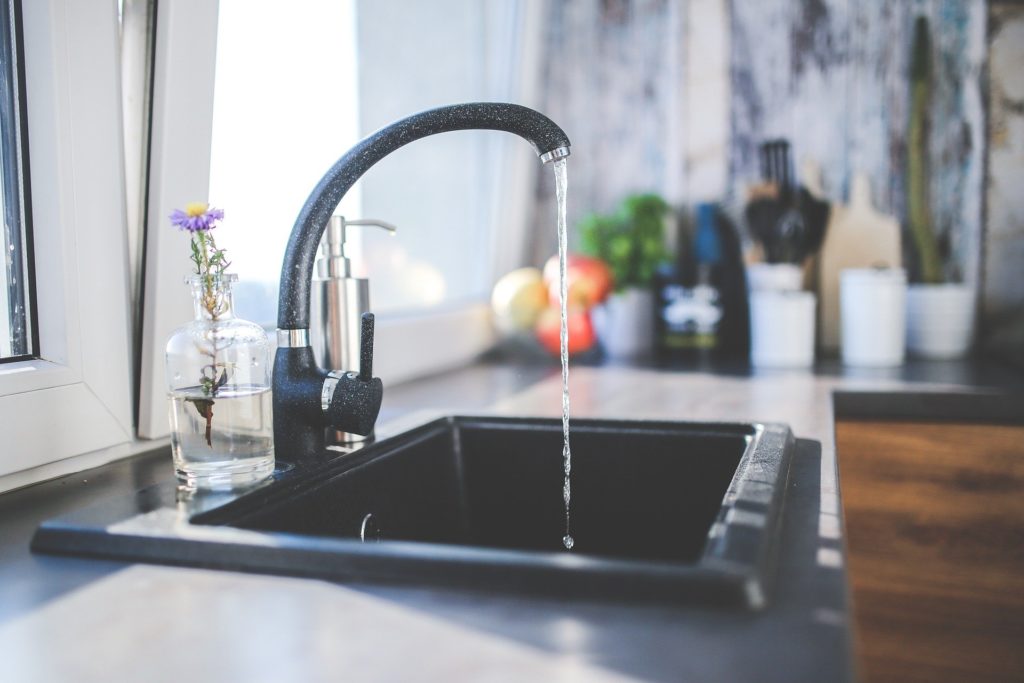
 The salt-based model is the most common. It removes minerals from hard water by exchanging them for sodium ions. It is based on the ion exchange process and requires a constant salt supply to regenerate the entire system. Other water softeners work differently if you have a restricted diet or don’t want to eat salty snacks. There are several salt-free options, such as a reverse osmosis system or electronic water softener.
The salt-based model is the most common. It removes minerals from hard water by exchanging them for sodium ions. It is based on the ion exchange process and requires a constant salt supply to regenerate the entire system. Other water softeners work differently if you have a restricted diet or don’t want to eat salty snacks. There are several salt-free options, such as a reverse osmosis system or electronic water softener. This is a general rule that applies to all products. This is a general rule that applies to all products. Always read user reviews because they are the most honest comments; you will be able to get about the product you are going to buy. On Amazon, there are more than 500 reviews on Yarna products. Users who have bought water softeners and tested them online have left their reviews.
This is a general rule that applies to all products. This is a general rule that applies to all products. Always read user reviews because they are the most honest comments; you will be able to get about the product you are going to buy. On Amazon, there are more than 500 reviews on Yarna products. Users who have bought water softeners and tested them online have left their reviews.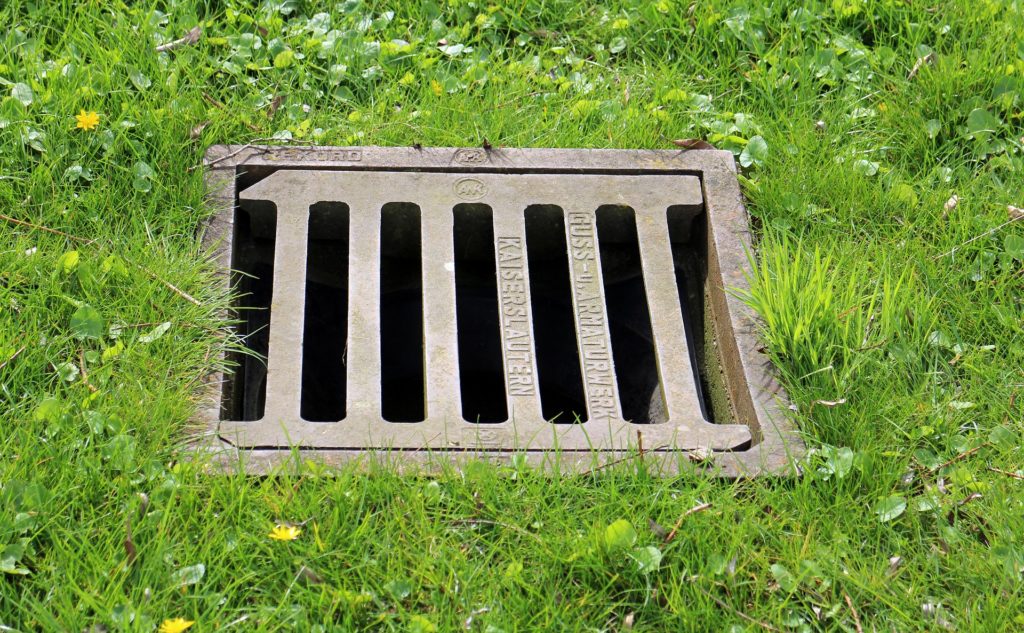
 It’s essential to check your gutters regularly to make sure they are working properly. If water doesn’t drain properly, the channels can become clogged with leaves or debris. In this case, water in your home cannot drain.
It’s essential to check your gutters regularly to make sure they are working properly. If water doesn’t drain properly, the channels can become clogged with leaves or debris. In this case, water in your home cannot drain. You can do this work in the wet areas of your home. You will need professional help for this, as you will have to prepare the ground for the water supply carefully. With a small pond, you can attract wildlife to your home and make them thirsty.
You can do this work in the wet areas of your home. You will need professional help for this, as you will have to prepare the ground for the water supply carefully. With a small pond, you can attract wildlife to your home and make them thirsty.

 Before you talk to a real estate agent, get pre-approved. They can also recommend their lender. A good broker will tell you which ones take the best care of their clients. Tell the broker that you were referred by your real estate agent before you met with him. It can save you money at closing and helps ensure that the two of you work well together throughout the process. It means that it would be best to know their credentials. Therefore, you won’t feel insecure when handing your needs to them.
Before you talk to a real estate agent, get pre-approved. They can also recommend their lender. A good broker will tell you which ones take the best care of their clients. Tell the broker that you were referred by your real estate agent before you met with him. It can save you money at closing and helps ensure that the two of you work well together throughout the process. It means that it would be best to know their credentials. Therefore, you won’t feel insecure when handing your needs to them.